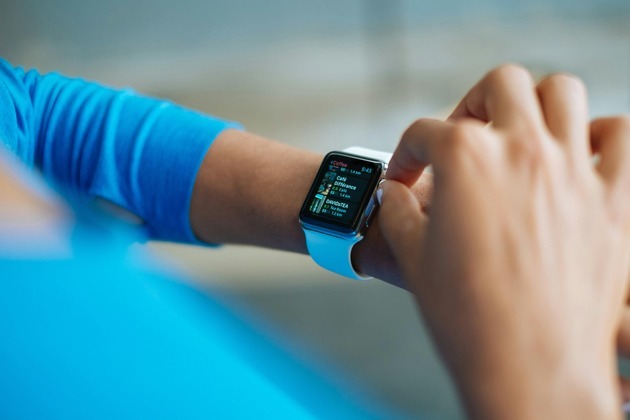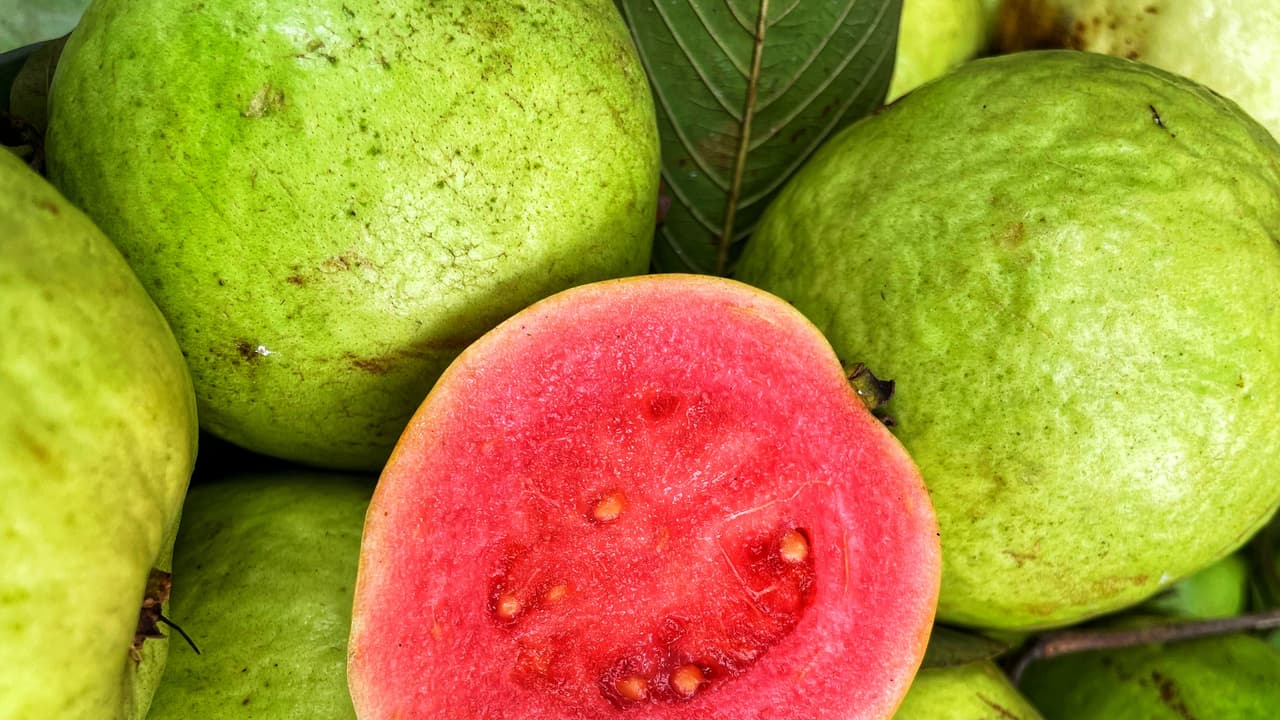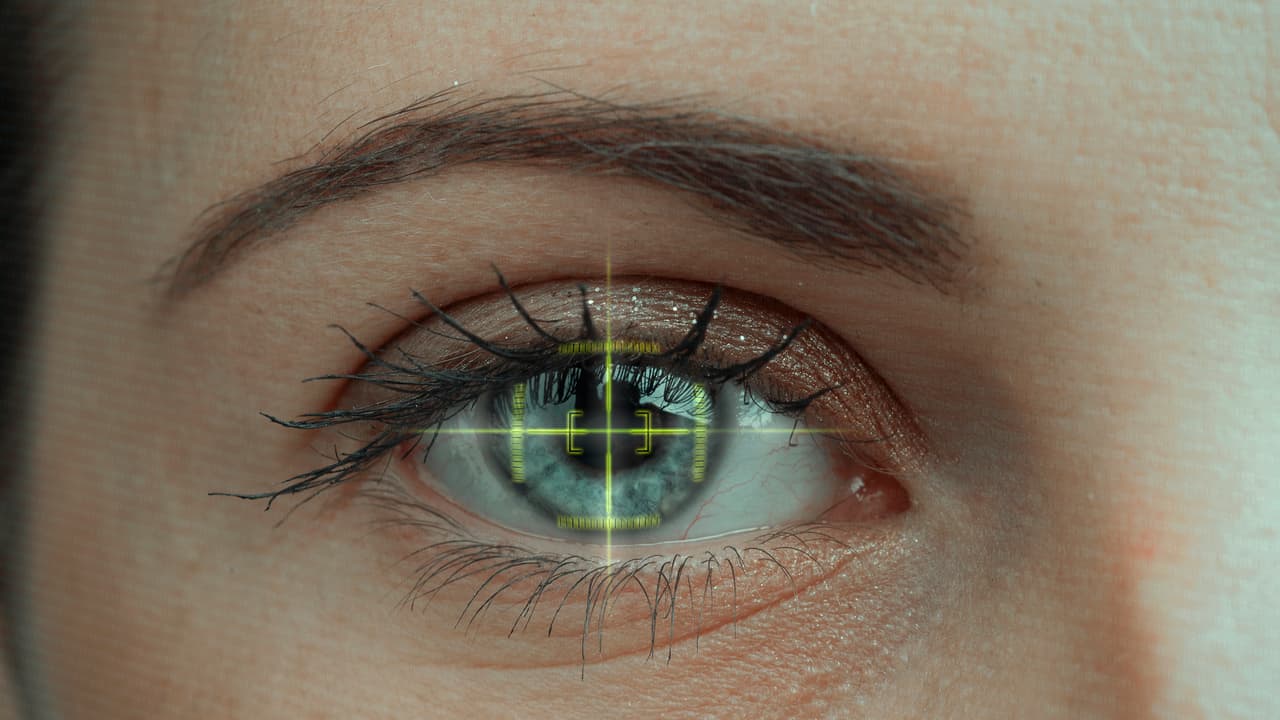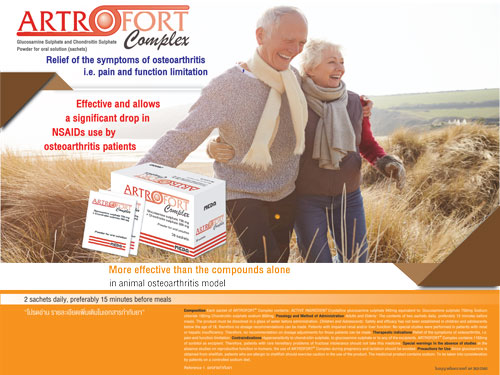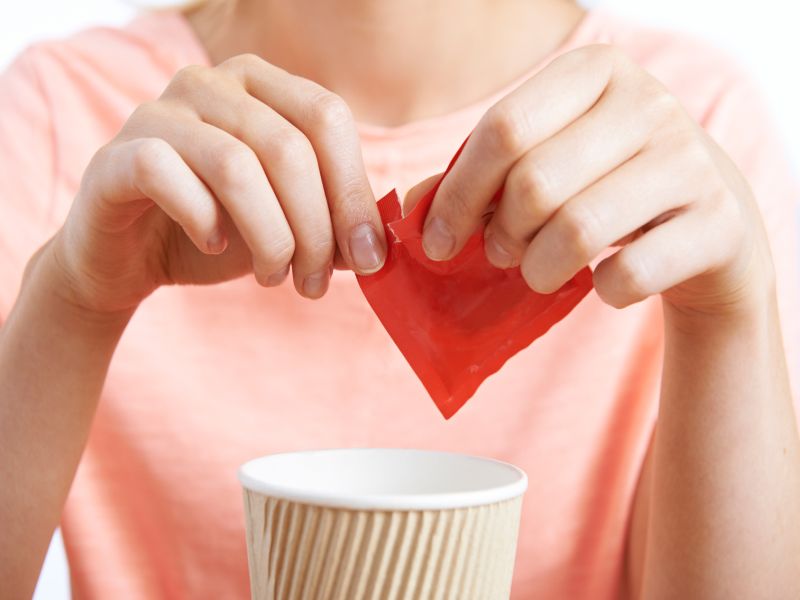
การศึกษาทบทวนอย่างเป็นระบบซึ่งเผยแพร่ใน The BMJ รายงานว่า สารให้ความหวานที่ไม่มีน้ำตาลไม่ปรากฏว่าให้ประโยชน์ในทางคลินิกหรือทางสถิติต่อผลทางสุขภาพส่วนใหญ่
การศึกษาทบทวนซึ่งดำเนินการเพื่อช่วยสนับสนุนองค์การอนามัยโลก (World Health Organization) ในการจัดทำข้อแนะนำว่าด้วยการใช้สารต่าง ๆ ได้ตรวจสอบการศึกษา 56 ชิ้น ซึ่งศึกษากับประชากรที่มีสุขภาพดีโดยทั่วไป โดยบางคนมีน้ำหนักเกินหรือเป็นโรคอ้วน ครอบคลุมผู้ใหญ่และเด็ก
หลังจากการวิจัยซึ่งใช้เวลาดำเนินการหลายปี ยังคงมีหลักฐานน้อยมากที่บอกว่า สารให้ความหวานที่ไม่มีแคลอรีอาจเป็นประโยชน์ต่อสุขภาพ ตามรายงานของคณะผู้วิจัยเยอรมัน
นักวิจัยได้ศึกษาผลลัพธ์ต่อสุขภาพในหลายๆ ด้าน รวมทั้งน้ำหนัก น้ำตาลในเลือด สุขภาพปาก โรคมะเร็ง โรคหัวใจ โรคไต อารมณ์และพฤติกรรม
“ผลลัพธ์ด้านสุขภาพส่วนใหญ่ไม่ปรากฏว่ามีความแตกต่างระหว่างกลุ่มที่ใช้สารให้ความหวานที่ไม่มีน้ำตาลกับกลุ่มที่ไม่ได้ใช้” คณะทำงานซึ่งนำโดย Joerg Meerpohl แห่ง University of Freiburg กล่าว
ปริมาณการใช้สารให้ความหวานที่ไม่มีน้ำตาลไม่พบว่ามีนัยสำคัญเช่นกัน คณะทำงานกล่าวเพิ่มเติม
สำหรับในกลุ่มของเด็ก การวิจัยแสดงให้เห็นว่า ไม่พบหลักฐานเกี่ยวกับการเพิ่มน้ำหนักระหว่างกลุ่มที่ใช้สารให้ความหวานที่ไม่มีน้ำตลาดหรือกลุ่มที่ใช้น้ำตาล
นอกจากนั้น ยังไม่พบหลักฐานเกี่ยวกับผลกระทบใดๆ ของสารให้ความหวานที่ไม่มีน้ำตาลต่อผู้ใหญ่หรือเด็กที่มีน้ำหนักที่เกินหรือเป็นโรคอ้วน ซึ่งกำลังพยายามลดน้ำหนักอยู่
มีการศึกษาไม่กี่ชิ้นซึ่งแสดงถึงประโยชน์ที่มีต่อสุขภาพเพียงเล็กน้อยจากการใช้สารให้ความหวานที่ไม่มีแคลอรี ไม่ว่าขนาดประชากรที่เล็กมากหรือระยะเวลาของการทดลองสั้นเกินไปไม่อาจนำไปสู่ข้อสรุปได้ ผู้เขียนรายงานการศึกษา ระบุ
หนึ่งในนักโภชนาการที่ประเทศสหรัฐอเมริกาไม่ได้แปลกใจกับผลการศึกษาดังกล่าว
“ไม่ว่าจะทำการตลาดอย่างไร สารให้ความหวานยังคงเป็นสารเคมีหรือน้ำตาลที่ดัดแปลงจากรูปแบบธรรมชาติเพื่อจุดประสงค์สำหรับรสชาติ” Sharon Zarabi นักกำหนดอาหาร กล่าว
อย่างไรก็ตาม กลุ่มที่เป็นตัวแทนของบรรดาผู้ผลิตสารให้ความหวานไร้น้ำตาลได้โต้แย้งผลการค้นพบข้างต้น
“แม้ผู้เขียนรายงานจะอ้างไปในทางตรงข้าม หลักฐานทางวิทยาศาสตร์ที่มีคุณภาพสูงสุดแสดงว่าการบริโภคสารให้ความหวานที่มีแคลอรีต่ำหรือไม่มีเลยส่งผลให้น้ำหนักลดลง ไม่ได้ทำให้น้ำหนักเพิ่มขึ้นและไม่เป็นเหตุให้อยากรับประทานอาหาร” สภาควบคุมแคลอรี (Calorie Control Council) กล่าวในแถลงการณ์
สภาควบคุมแคลอรีได้อ้างถึงการศึกษาทบทวนขนาดใหญ่ก่อนหน้านี้ 2 ชิ้น ที่เผยแพร่ใน International Journal of Obesity และ American Journal of Clinical Nutrition ซึ่งการศึกษาทั้ง 2 ชิ้น ได้สรุปผลในทางตรงกันข้ามกับการวิเคราะห์ครั้งใหม่ของเยอรมนี
คณะทำงานของ Meerpohl ไม่ได้ตัดประเด็นที่ว่า สารให้ความหวานที่ไม่มีน้ำตาลอาจมีประโยชน์บางอย่างสำหรับการทดลองในอนาคต และเชื่อว่าจำเป็นต้องมีการศึกษาที่ใช้เวลานานขึ้นเพื่อตัดสินว่า ผลิตภัณฑ์เหล่านี้เป็นทางเลือกที่ปลอดภัยและได้ผล หากไม่ต้องการรับประทานน้ำตาล
อย่างไรก็ตาม Zarabi บอกว่า เธอมองไม่เห็นประโยชน์จากสารให้ความหวานที่ไร้น้ำตาลจากการปฏิบัติงานของเธอ และแม้แต่อันตรายที่อาจเป็นไปได้
เธอทำงานกับผู้ป่วยที่มีปัญหาสุขภาพแตกต่างหลากหลายมาก เธอมีกลุ่มผู้ป่วยที่เบื่ออาหารซึ่งดื่มโค้กไดเอทตลอดวันและน้ำหนักไม่เพิ่มขึ้นแม้แต่ปอนด์เดียว และผู้ป่วยโรคเบาหวานที่เป็นโรคอ้วนซึ่งดื่มเครื่องดื่มซ้ำแบบเดิม โดยระดับน้ำตาลในเลือดไม่ได้ตอบสนองใดๆ และลดน้ำหนักลงได้ยาก
“ไม่ใช่โซดาไดเอท (ซึ่งผลิตจากสารให้ความหวานอีกชนิดหนึ่ง) ที่มีผลต่อสุขภาพ แต่เป็นแหล่งอื่นของแคลอรีและน้ำตาล” Zarabi กล่าวและว่า “จะต้องคอยดูอาหารควบคุมน้ำหนัก (diet) และวิธีการดำเนินชีวิตทั้งหมดเพื่อสรุปหลักฐานที่มากพอเกี่ยวกับน้ำตาล สารอาหาร และผลที่มีต่อโรค”
January 3, 2019
Evidence Lacking for Benefits from Artificial Sweeteners
By Joe Elia
Edited by Susan Sadoughi, MD, and Richard Saitz, MD, MPH, FACP, DFASAM
Non-sugar sweeteners seem to offer no "statistically or clinically relevant" benefit for most health outcomes, according to a systematic review published in The BMJ.
The review, undertaken to help the World Health Organization create guidelines on use of the substances, examined 56 studies conducted among generally healthy people, some of whom were overweight or obese.
The researchers found that artificial sweeteners conveyed no weight-loss advantage in adults when compared with sugars or placebo. The evidence used in these comparisons was judged to be of "very low certainty" — a common judgment of the evidence for most other outcomes, including glycemic and blood pressure control.
คณะผู้วิจัย พบว่า สารให้ความหวานเทียมไม่ได้ให้ประโยชน์ต่อการลดน้ำหนักในผู้ใหญ่ เมื่อเทียบกับน้ำตาลหรือยาหลอก หลักฐานที่ใช้ในการเปรียบเทียบนี้ถือว่ามี “ความแน่นอนต่ำมาก” การพิจารณาหลักฐานสำหรับผลลัพธ์อื่นส่วนใหญ่ The evidence used in these comparisons was judged to be of "very low certainty" — a common judgment of the evidence for most other outcomes, including glycemic and blood pressure control.
The authors lament that the available research on the topic used small samples and followed subjects too briefly. They also observe that few studies "reported sufficient information on the intervention, comparator, and outcomes."
ผู้เขียนรายงานรู้สึกผิดหวังที่งานวิจัยที่มีในเรื่องนี้ใช้ตัวอย่างขนาดเล็กและติดตามตัวอย่างในเวลาที่สั้นเกินไป ผู้เขียนยังสังเกตว่า มีการศึกษาไม่กี่ชิ้นที่รายงานข้อมูลได้เพียงพอเกี่ยวกับการรักษา อุปกรณ์เปรียบเทียบ และผลลัพธ์
No Evidence No-Cal Sweeteners Will Help You Lose Weight: Study
WEDNESDAY, Jan. 2, 2019 (HealthDay News) -- If you think a switch from sugar to a calorie-free sweetener might help you get healthier and shed pounds, think again.
After years of research, there's still only very weak evidence that no-cal sweeteners might be beneficial, according to German researchers who looked over data from 56 studies involving either adults or kids.
The investigators looked at a variety of health outcomes including weight, blood sugar, oral health, cancer, heart disease, kidney disease, mood and behavior.
"Most health outcomes did not seem to have differences between the non-sugar sweetener exposed and unexposed groups," concluded the team led by Joerg Meerpohl of the University of Freiburg.
The quantity of non-sugar sweetener used didn't seem to matter, either, the team added.
In children, no evidence was found in weight gain between those who used non-sugar sweeteners or sugar, the research showed.
There was also no evidence of any effect of non-sugar sweeteners on overweight or obese adults or children who were actively trying to lose weight.
In the few studies that did show a mild health benefit for no-cal sweetener use, population sizes were either very small or the duration of the trial was too short to make any firm conclusions, the study authors noted.
One nutritionist in the United States wasn't surprised by the findings.
"No matter how they are marketed, [non-sugar sweeteners] are still chemicals or a sugar modified from its natural form to serve a functional purpose for flavor," said registered dietitian Sharon Zarabi.
"There is no health benefit to flavor. Flavor merely enhances a food or beverage to increase consumption," said Zarabi, who directs the bariatric program at Lenox Hill Hospital in New York City.
A group representing sugar-free sweetener makers disputed the findings, however.
"Despite the authors' claims to the contrary, the highest quality scientific evidence shows that the consumption of low- and no-calorie sweeteners results in reductions in body weight, does not lead to weight gain and does not cause cravings," the Calorie Control Council said in a statement.
The Council pointed to two prior large reviews -- published in the International Journal of Obesity and the American Journal of Clinical Nutrition -- that they say came to the opposite conclusion of the new German analysis.
Meerpohl's team also did not rule out that non-sugar sweeteners might still show some benefit in future trials. They believe better, longer studies are needed to determine once and for all that these products are a safe and effective alternative to sugar.
Zarabi said she's seen no help from calorie-free sweeteners in her practice, however, and even potential harm.
"I work with a wide variety of patients with health ailments. I have those suffering with anorexia drinking Diet Coke all day unable to gain a pound, and obese diabetics drinking the same beverage with out-of-control blood sugar levels and difficulty losing weight," she said.
"It's not specifically the diet soda (made with alternative sweeteners) that's responsible for their health outcomes, more so it's the other sources of calories and sugar," Zarabi said. "You must look at the whole diet and lifestyle to conclude any sufficient evidence of sugars, nutritive or not, and effect on disease."
The report was funded by the World Health Organization and was published online Jan. 2 in the BMJ.
รายงานนี้ได้รับการสนับสนุนเงินทุนจากองค์การอนามัยโลกและมีการเผยแพร่ทางออนไลน์ใน BMJ
More information
For more on artificial sweeteners, visit Harvard Medical School.
SOURCES: Calorie Control Council, statement, Jan. 2, 2019; Sharon Zarabi, R.D., director, bariatric program, Lenox Hill Hospital, New York City; Jan. 2, 2019, BMJ, online
-- Steven Reinberg
Last Updated: Jan 3, 2019



